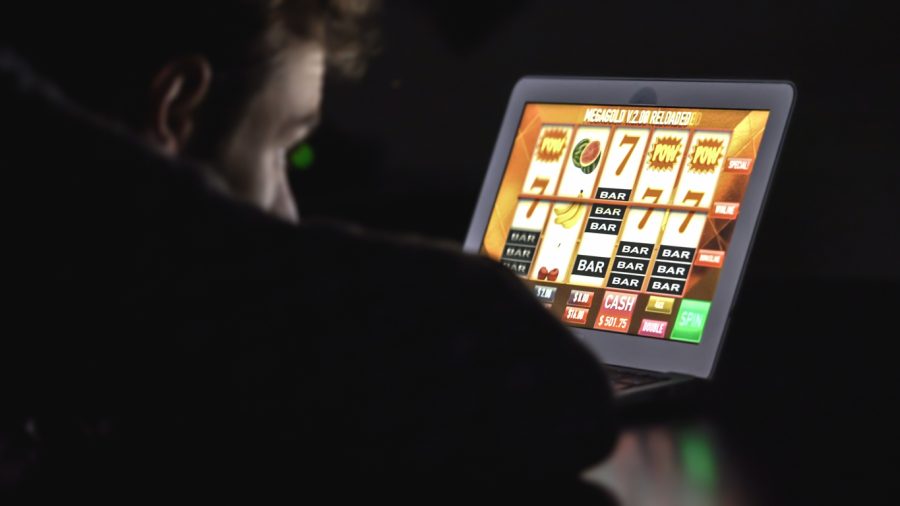If you suspect that you’re grappling with a gambling problem, it’s crucial to address it promptly and seek support. Acknowledging the issue is the first step toward recovery. Here are some steps you can take if you believe you have a Situs Slot Gacor Hari Ini gambling problem:
- Recognize the Signs: Reflect on your gambling behavior and acknowledge any signs of problematic gambling. This might include spending more money and time on gambling than you intended, chasing losses, lying about your Situs Slot Gacor Hari Ini gambling habits, or experiencing distress due to gambling.
- Reach Out for Support: Don’t hesitate to seek help from trusted friends or family members. Opening up about your struggles can alleviate the burden and provide emotional support. Additionally, consider reaching out to a counselor or therapist specializing in gambling addiction for professional guidance.
- Self-exclusion: Many gambling establishments offer self-exclusion programs, allowing individuals to voluntarily ban themselves from participating in gambling activities for a specified period. This can be a proactive step to prevent further gambling harm.
- Gambling Support Groups: Joining a gambling support group such as Gamblers Anonymous can be immensely beneficial. These groups provide a supportive environment where individuals can share their experiences, receive encouragement, and learn coping strategies from others facing similar challenges.
- Financial Management: Take control of your finances by creating a budget and limiting access to funds used for gambling. Consider entrusting a trusted friend or family member with managing your finances to prevent impulsive gambling sprees.
- Identify Triggers and Coping Strategies: Reflect on the triggers that prompt your gambling behavior, whether it’s stress, boredom, or peer pressure. Develop healthier coping mechanisms to manage these triggers, such as exercise, hobbies, or mindfulness techniques.
- Seek Professional Help: Consulting with a healthcare professional, psychologist, or psychiatrist who specializes in addiction can provide tailored treatment and support. They can assess your situation, provide therapy, and prescribe medication if necessary.
- Explore Treatment Options: Explore various treatment options, including cognitive-behavioral therapy (CBT), which helps individuals recognize and change unhealthy gambling behaviors. Other therapies such as motivational interviewing and family therapy can also be beneficial.
- Stay Engaged in Recovery: Recovery from gambling addiction is an ongoing process that requires commitment and perseverance. Stay actively engaged in your recovery by attending support group meetings, and therapy sessions, and utilizing coping strategies to prevent relapse.
- Avoid High-Risk Situations: Minimize exposure to environments or activities that may trigger gambling urges. Stay away from casinos, online gambling platforms, and social gatherings where gambling is prevalent, especially during the early stages of recovery.

